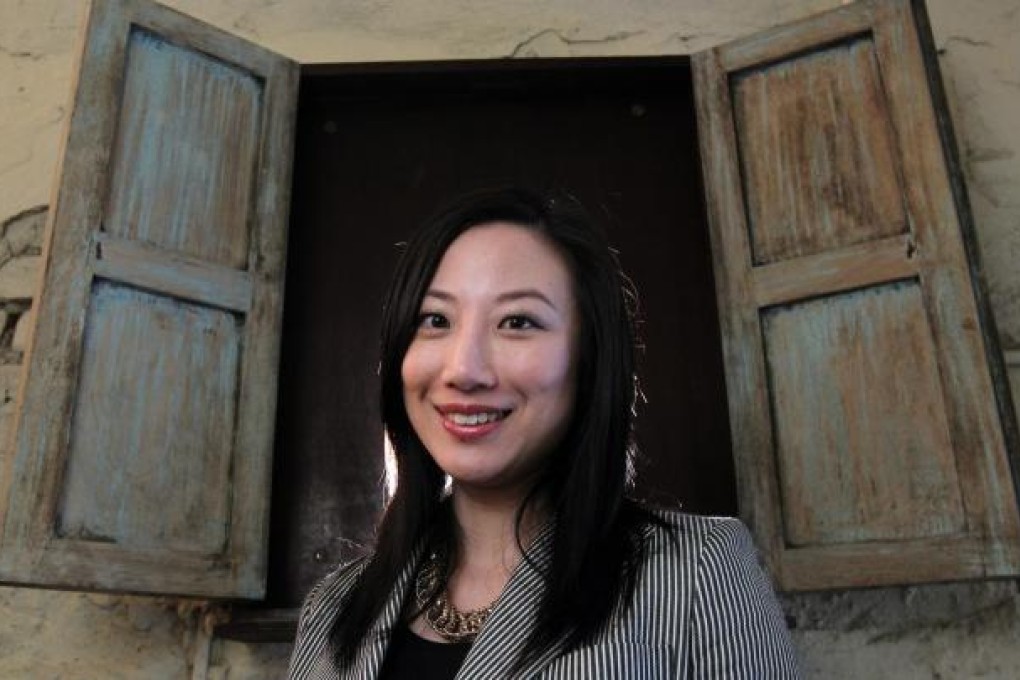Unlucky in love … or just left out of the market?
Unmarried women on the mainland are more likely 'too successful' than 'too picky' - but that's not the case here, a study shows

The number of never-married women has increased in both Shanghai and Hong Kong over the last decade. But while these so-called leftover women are largely derided on the mainland, attitudes are different here, according to a recent study.
The Chinese government defines sheng nu - leftover women - as unmarried females over the age of 27. The Ministry of Education says the unmarried status of these women is down to their "overly high expectations for marriage partners". By contrast, in Hong Kong such women are commonly described by the much more neutral term, xing nu, meaning blooming women.
But sociologist Sandy To Sin-chi revealed in a University of Hong Kong study, Understanding Sheng Nu, released last week, that Shanghai professional women have trouble finding marriage partners not because they are "too picky", but because men have rejected them for being "too successful". "Many of them want to get married, but because of gender constraints where women are expected to be less successful than their husbands, they get left out of the marriage market," said To. "It's common to see these women trying to marry Westerners, because they think men from countries such as Canada and Australia are less traditional than local Chinese men."
To's study draws on her interviews with 50 women in Shanghai from 2008 to 2011, including eight women from Hong Kong who were living in Shanghai.
The study also found even very successful women on the mainland tend to want to marry men with higher economic status than theirs. "In Hong Kong, while traditional ideas about gender roles are still common, there are more women who are open to marrying someone with a lower economic status.
"This might be because there is less pressure on them to get married from family members and because traditional values are not as strong here," said To.